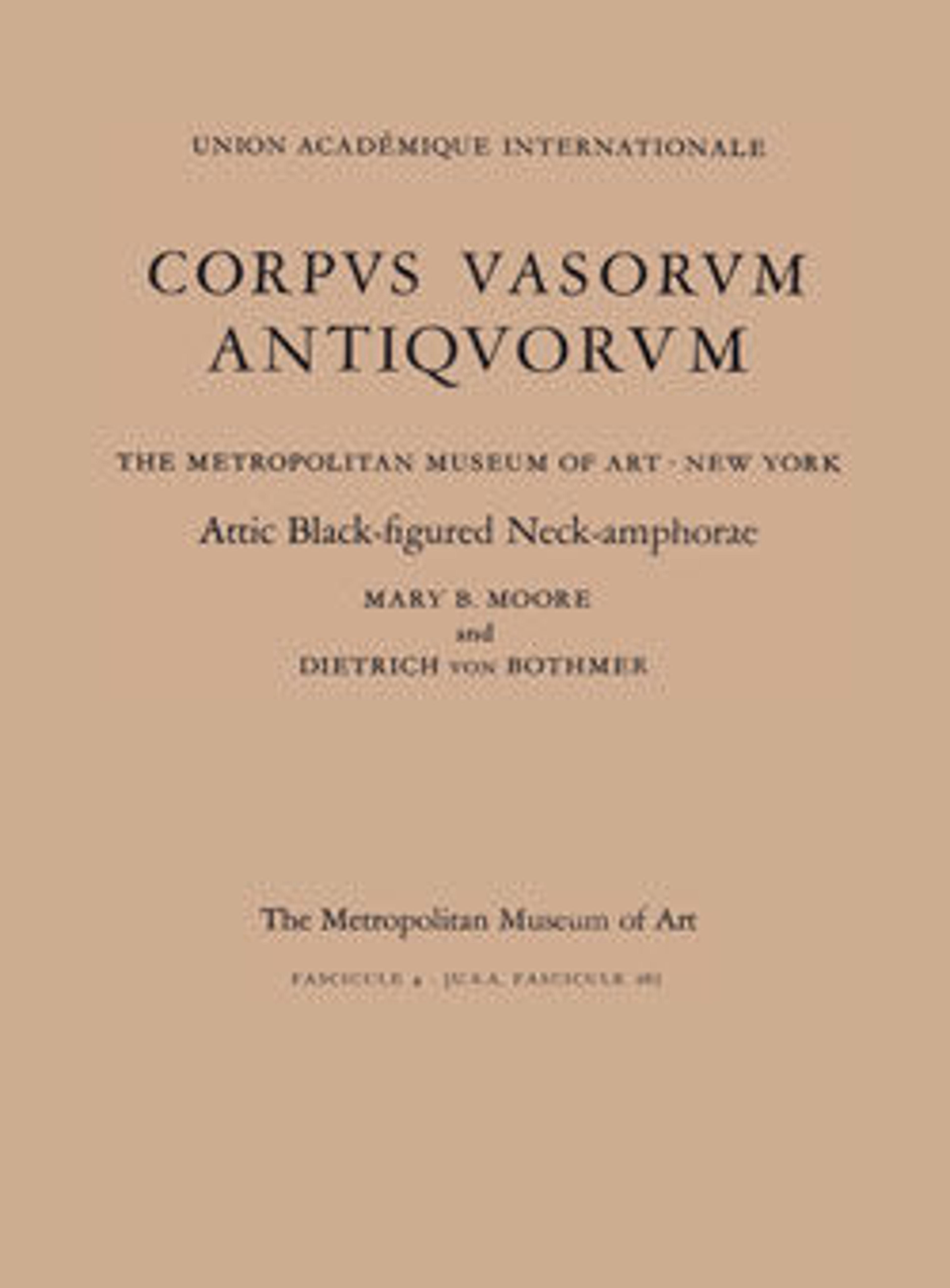Terracotta neck-amphora (jar)
Obverse, Herakles and the Nemean lion
Reverse, women at a fountain house
Although the activities of Athenian women took place primarily within the house, fetching water was an exception. It is noteworthy that the subject is popular on vases of the second half of the sixth century. The implication is that this task was not considered menial. Furthermore, while there were a variety of genre scenes showing men—preparing for battle, participating in symposia, etc.--this is one of the few specific to women.
Reverse, women at a fountain house
Although the activities of Athenian women took place primarily within the house, fetching water was an exception. It is noteworthy that the subject is popular on vases of the second half of the sixth century. The implication is that this task was not considered menial. Furthermore, while there were a variety of genre scenes showing men—preparing for battle, participating in symposia, etc.--this is one of the few specific to women.
Artwork Details
- Title:Terracotta neck-amphora (jar)
- Period:Archaic
- Date:ca. 500 BCE
- Culture:Greek, Attic
- Medium:Terracotta; black-figure
- Dimensions:H. 13 1/16 in. (33.1 cm); diameter 8 1/8 in. (20.7 cm)
- Classification:Vases
- Credit Line:Rogers Fund, 1941
- Object Number:41.162.212
- Curatorial Department: Greek and Roman Art
More Artwork
Research Resources
The Met provides unparalleled resources for research and welcomes an international community of students and scholars. The Met's Open Access API is where creators and researchers can connect to the The Met collection. Open Access data and public domain images are available for unrestricted commercial and noncommercial use without permission or fee.
To request images under copyright and other restrictions, please use this Image Request form.
Feedback
We continue to research and examine historical and cultural context for objects in The Met collection. If you have comments or questions about this object record, please contact us using the form below. The Museum looks forward to receiving your comments.
